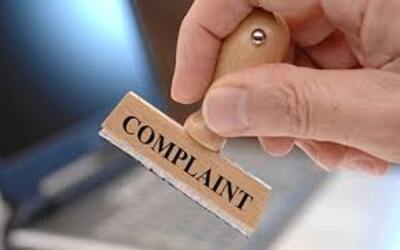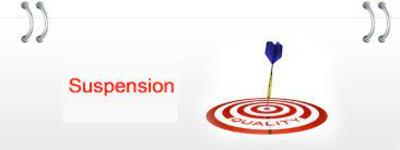
What is ISO 14044?
The International Organization for Standardization (ISO) 14044 provides recommendations for life-cycle assessment. The definition, objectives, and scope of the Life-cycle Assessment are all covered in this course. Life-cycle inventory analysis, life-cycle impact assessment, life-cycle interpretation, reporting and critical review of the LCA, constraints of the LCA, relationship between the different stages of the LCA, and requirements for using value choices and optional aspects are the phases that follow. It is a tool that is used to evaluate the potential environmental implications of a product, substance, process, or activity in simple words.
It also includes a systematic set of techniques for gathering and observing material and energy inputs and outputs, as well as the associated environmental consequences directly due to the operation of a product or service system throughout its life cycle.
Why are Environmental Life-cycle Assessment Trainings important for you?
The use of appropriate tools and methodologies is required to define your organization's production process and its environmental impact. Obtaining ISO 14044 certification will assist you in gaining the information required to undertake an Environmental Life-cycle Assessment using the proper methodology and tools. Furthermore, it will enable you to not only gain a full understanding of LCA, but also to build the required skills for putting these methods and tools into practise.
Benefits of ISO 14044 - Environmental Life-cycle Assessment Trainings
PECB Certified ISO 14044 individuals will enable the organization to:
- Plan a proper Life-cycle Assessment (LCA) for your products and services.
- Define the stages of a product's or service's life cycle.
- Identify possibilities to improve environmental performance.
- Determine the necessary environmental performance metrics.
- Create and specify LCA initiatives that are both relevant and cost-effective.
- Obtain a competitive edge
- Ensure that products, services, and other activities are environmentally sustainable.






